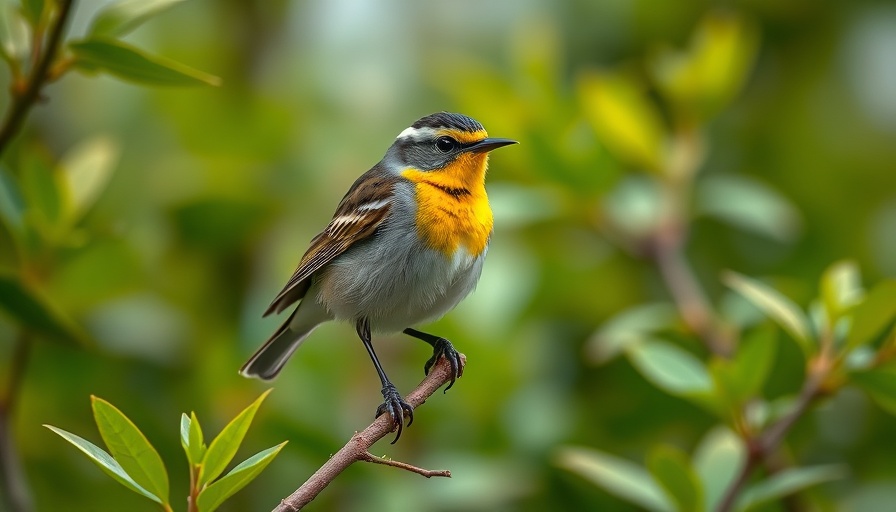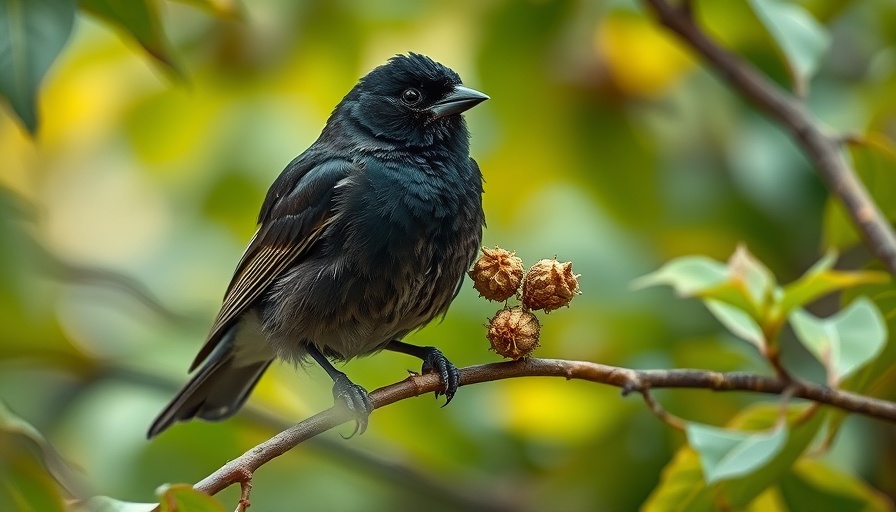
Understanding the Multiplier Effect in Public Media
As public media faces a turbulent financial landscape, every donation carries significant weight, particularly for organizations like BirdNote. The recent cut of over $1 billion in public funding highlights the importance of local fundraising initiatives to sustain programming. BirdNote, which provides engaging bird stories and sounds for free to public radio stations, relies heavily on the generosity of its listeners. Your contributions not only help keep the BirdNote shows thriving but they also ensure that public stations continue to have access to quality, free programming.
Why Your Support Matters
A gift to BirdNote operates on a multiplier effect principle. It extends beyond personal enjoyment of bird stories; it supports an entire ecosystem of public media that informs and educates communities. By donating, you invest in a programs that inspires millions, allowing them to connect with nature and wildlife through compelling narratives. Each financial contribution can amplify these impacts, fostering a community focused on conservation and education.
The Future of Public Radio
With the decrease in federal funding, public radio stations must rely more on local supporters to fill the gaps and maintain their services. Donor contributions will be paramount in guaranteeing that stations can continue broadcasting programs that listeners have come to appreciate. BirdNote's commitment to offering its shows for free reflects an understanding that public radio should be accessible to all, regardless of economic circumstances. Every dollar you contribute can directly impact this mission, ensuring a vibrant future for public radio.
Be Part of the Movement
Your engagement is crucial now more than ever. Consider becoming a recurring monthly donor to BirdNote. Regular contributions enable better planning for the future, ensuring that BirdNote can maintain its high-quality programming and continue sharing the beauty of birdlife with its audience. Whether you're a lifelong bird lover or a newcomer enchanted by the allure of avian stories, your support makes a real difference.
 Add Row
Add Row  Add
Add 




Write A Comment